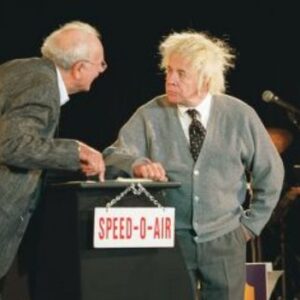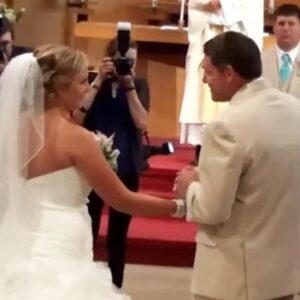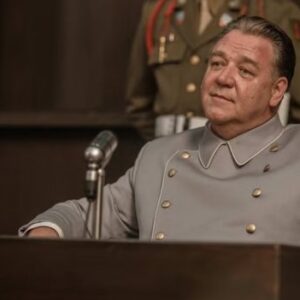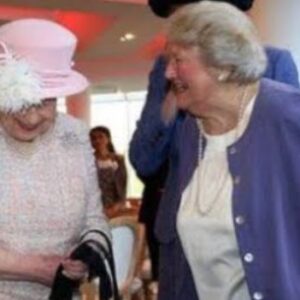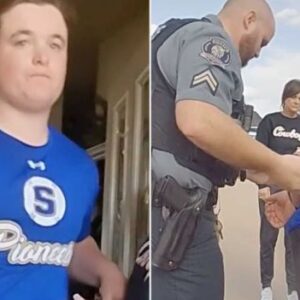It wasn’t just another concert — it was a homecoming wrapped in silence, reverence, and memory. In May 2019, under the glowing chandeliers of London’s Royal Albert Hall, Mark Knopfler — the quiet genius behind Dire Straits — stepped to the microphone, his guitar glimmering beneath the blue stage lights. Then, without a word, he began to play “Brothers in Arms.” What followed wasn’t a performance; it was a conversation between generations, between war and peace, between the man he once was and the legend he has become.

The first notes rang out soft as confession — that unmistakable Knopfler tone: warm, slow, and devastatingly human. Every slide of his fingers seemed to tell a story: of soldiers never returning, of time lost, of promises unkept. The audience, thousands strong, didn’t move. Some held hands. Some closed their eyes. You could almost feel the ghosts in the room — the fallen, the forgotten, the loved — drawn back by the sound of a guitar that still mourns after all these years.
Knopfler’s voice, deeper and more fragile than in his youth, carried the weight of experience. “These mist-covered mountains…” — words he first sang decades ago — now felt less like lyrics and more like testimony. The years had etched themselves into every syllable, and the crowd knew they were witnessing something unrepeatable. Halfway through, the lights dimmed to near darkness, a single spotlight resting on his face. He looked out over the hall — a man who’s seen the world, yet still sings like he’s standing at the edge of it.

Behind him, his band played with the kind of restraint that only mastery allows. No one overreached. No one needed to. The music simply breathed. By the final verse, when Knopfler whispered “We’re fools to make war on our brothers in arms,” you could hear the faint sound of people crying. Not for the song, but for the truth inside it.
When the last note faded, there was no explosion of applause — just a stunned, reverent silence before the audience rose as one. Knopfler smiled, bowed slightly, and let the guitar rest against his leg, as if it, too, needed a moment to recover.
For anyone lucky enough to be there that night — or watching from home — it wasn’t just music. It was memory, mercy, and meaning, distilled into one timeless song.
